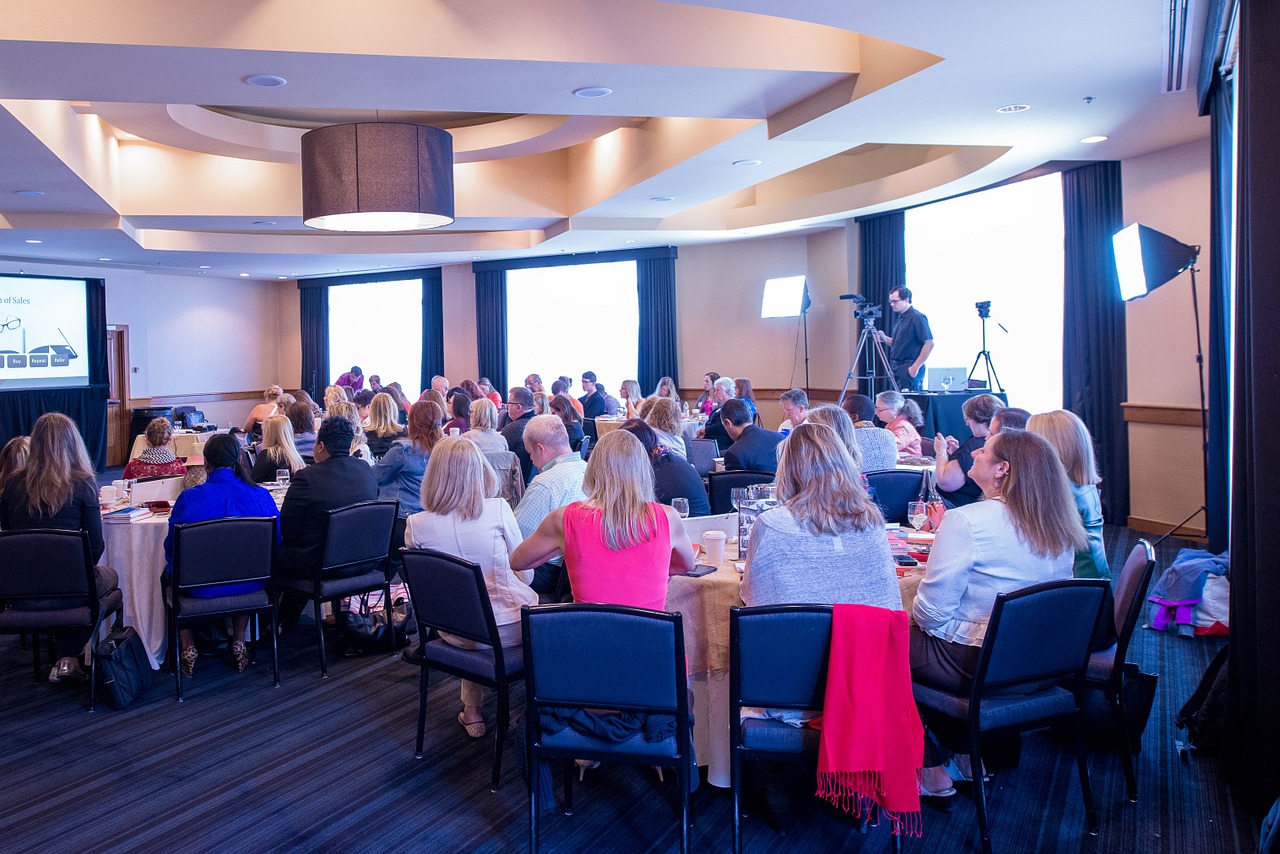
Your Voice Ohio sponsored a community forum to discuss opioid epidemic. It was on Sunday afternoon and I was curious enough to hear what others had to say that I penciled it in on my calendar, and when that snowy Sunday arrived, I hightailed it downtown. The meeting took place in a large conference room in our city’s new multi-million dollar library. I walked into a room of probably twenty-five tables, the seats, crammed with people, all with stories, heartaches, or opinions to share.
Perfect Solutions Don’t Exist
Representative’s in the group ranged from people in the media, nurses, therapists, teachers, moms and dads, grandpas and grandmas, doctors, welders, and former recovering alcoholics and heroin addicts. An eclectic group indeed, and what I heard in that room is what many of us have known all along: Who better to ask about the impact of addiction than the people in the community who have been affected? Why not listen to the ones who are living through the nightmare, or listen to the person who has overcome their addiction instead of only listening to the “professionals” who’s experience may be limited to reading research articles? There are a lot of hardworking people in the addiction field, but some may only have a myopic view. If you’ve never experienced addiction, first hand, you’re missing a huge chunk of knowledge. There is no way to truly understand how an addict/alcoholic feels unless you’ve been there yourself.
I wanted to share with all of you what the people in my community said, and I feel certain that if you were to talk to people in communities across the country, you’d hear similar comments and ideas; these are the people we should listen to. Those of us who are in the trenches with other addicts and alcoholics understand the mindset, the nuances, and the games that are played. I’ve said all along, and I’ll say it again: just because someone has a string of letters behind their name, doesn’t always make them the most qualified to diagnosis or recommend solutions. When it comes to addiction, people who have experienced the effects of addiction first hand and have first-hand knowledge of the problem and how it’s played out in their own lives, are often in a better position to offer solutions. People are complicated. There is no one cookie-cutter solution to addiction.
The Best Insights Belong to Those of Us Who Have Been There, Done That!

The comments were more insightful than any that I’ve heard from people who work in healthcare. Many of the participants in the discussion identified what they believed were two primary causes that contributed to addiction: childhood trauma and our current medical system. The room erupted like popcorn popping when these two issues were voiced, and I wholeheartedly agree.
As a short case in point, I was raised in utter dysfunction and the emotional and physical trauma I experienced as a child, no doubt contributed to my later alcoholism. I also work in a psych hospital, and it’s been my experience that I’ve seen that psychiatry has made a hard push in the last four to five years regarding trauma informed care. As much as they do acknowledge that childhood trauma plays a large role in later addiction and mental health problems, I haven’t seen where the overall care has changed all that much.
Psychiatry should be renamed “medication management,” because that’s basically what most psychiatrist do. Yes, healthcare needs a complete overhaul and a new way of thinking if they seriously want to address addiction. As things currently stand, healthcare contributes to the demise of many lives by the indiscriminate use of medication, often powerful antipsychotics that are liberally prescribed to adults and children who show no signs of psychosis. The drain on their lives and their brains is evident in the repeat admissions, and each time, these individuals appear worse off than they were during the previous admission. The sense of hopelessness and despair that they feel is often due to the prescription drugs. Their lives don’t change, and they are stuck in the vicious cycle of addiction and medication management.
There are exceptions and exceptional people: Dr. Singh, a psychiatrist, attended the discussion. He is a kind, gentle man who I worked with years ago at another hospital. He’s one of the few physicians that I’ve encountered over the past twenty-four years who exudes a rare humility hardly ever seen among doctors. He said he attended the discussion because he works with veterans at a VA hospital, and he wanted to understand addiction—wow! I loved him for saying that. At least he was honest enough to admit, regarding addiction, he has much to learn and understand. It takes a person who is secure enough with themselves to admit they could learn a thing or two, and this is precisely why healthcare is such a mess. It is driven by hubris: the insurance companies and bigpharma selling their wares and doctors with big egos who can’t seem to admit that when it comes to addiction they don’t understand a disease that has so many variables, and rather than learn—doctors have stepped into the role of a middle man; they are the go-between bigpharma and the patient to disperse billions of dollars’ worth of the pills that has led people to believe that a chemical is the solution to all of their problems.
Blame also resides with individuals, some who are too lazy to do the necessary inside work on themselves, and too fearful to face themselves and their lives. The trail of damage in their wake can be long, and sure, it’s painful to look at, let alone reconcile. Instead, people run to doctors and demand that they do something, even when there is nothing a doctor or anyone else can do to fix someone’s life. Personal accountability must prevail. People want to leave the hospital or the doctor’s office and feel like they are getting something for their money and their time. A prescription is often the only thing a doctor can do. It’s a harsh truth that most people would rather not think about or know the truth.
High on the consensus list with most everyone in the room was parenting. Most all of us agreed that parenting was a huge factor for kids who turned to drugs and alcohol, and least we forget that kids who grow up with parents who medicate will likely self-medicate as well. Also, neglect, abuse, or parental dysfunction can contribute to the next generation of substance abusers. Too many parents lack accountability. Too many parent’s have substance abuse issues of their own. The wine-time mentality is just as destructive to kids whether they’re living in a mini-mansion or a seven hundred square foot apartment. Too many think it’s society’s job, the school’s job, or someone else’s job to teach their kids right from wrong. Too many young children are stuck in impoverished situations: lack of love, guidance, resources, role-models, and they’re never taught basic coping skills. Is it any wonder these children turn to drugs or alcohol to calm the fury and fear, building inside of them?
Additional solutions that the group felt would be helpful: early intervention, bed to bed availability for those who do want help. It does little good to make a person wait weeks or months for treatment. Most addicts and alcoholics will start using again and the one chance for treatment may be lost forever.
We must start young. We need a more comprehensive approach. We need doctor’s who are willing to open their minds and learn a new way of thinking. The old tired and true ways of doing things is not working and should be shunned as outdated. Not sure? All we have to do is look at the results—the currant way of thinking offers little hope for change. Doctors need to understand that they cannot medicate someone into sobriety. In fact, that sort of mindset and practice is a disgrace.
What can we do? Stop medicating kids; offer more holistic treatments; parents who have substance abuse issues need to get help for themselves, first. When you’re on an airplane the suggestion is that you put on your own oxygen mask, first, then aid those in need. Makes sense—why don’t we try that? A good number of people also said that medication in lieu of coping skills is part of the problem, and from what I see in healthcare, I concur. Furthermore, prevention education needs to be taught at an early age, and parent’s need to reinforce the teaching by role-modeling appropriate behavior of their own.
The people have spoken. Is anyone listening?
